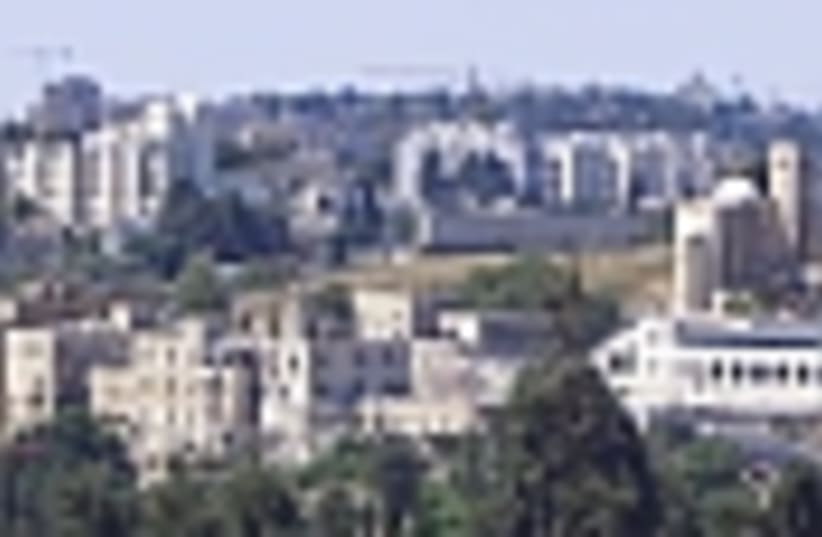| More about: | Jerusalem, John the Baptist, Shmuel Yosef Agnon, Ehud Barak |
Celestial Jerusalem, earthly problems
Jerusalemite Moshe Amirav proposes unconventional solutions for his beloved city.


| More about: | Jerusalem, John the Baptist, Shmuel Yosef Agnon, Ehud Barak |